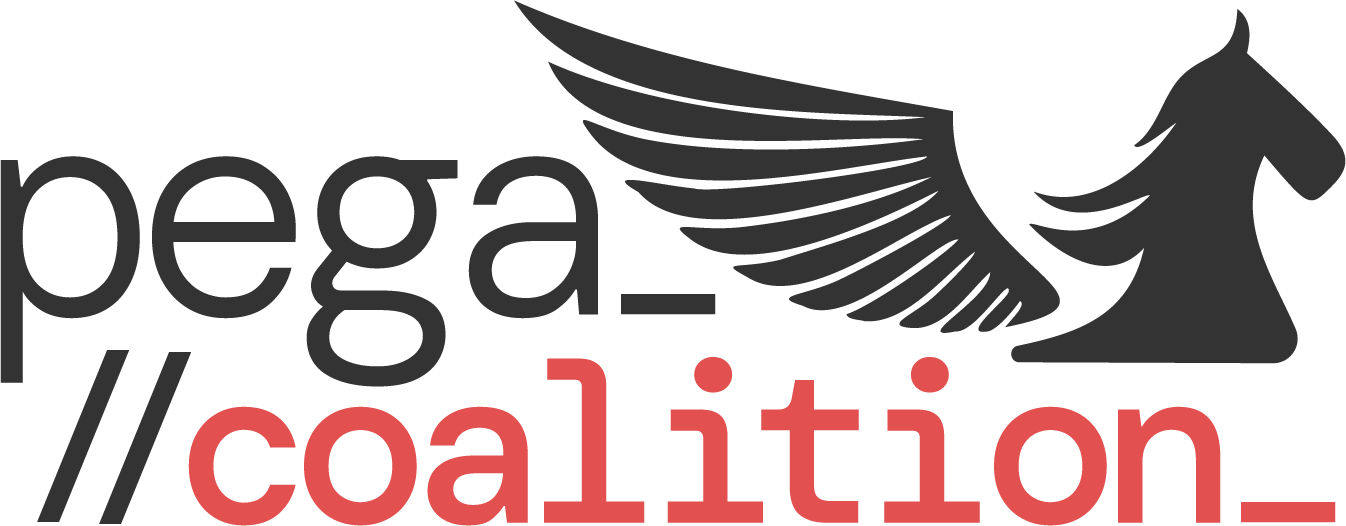
The case Brejza v. Poland: Intervention in the Polish Pegasus case currently before the European Court of Human Right (ECtHR)
This case’s stakes are high as the previous spyware case before the ECtHR was dismissed by the court. The Brezja case is a case bringing multiple Pegasus targets who were infected on instructions of Polish authorities. Mr Brezja was infected due to his belonging to the political opposition to the far right. Pegasus was used to collect huge amounts of data sets from his phone, including 10 years of texts. Once extracted, this data was rearanged and/or merged by authorities to create a new narrative, and then sent to the press. The goal was to destroy his reputation. Mme Brezja, his attorney, was also infected. This case is a robust illustration of how much powerful spyware in the hand of authorities can lead to egregious abuses of power focussed on tampering with facts to manipulate the public and elections. Last but not least, it is noteworthy that Pegasus was sent on Mr Brezja based on the excuse of the fight against corruption, not the protection of national security. Since then Polish authorities have found that how Pegasus was used violated Polish laws. Although this is a positive development, we see that the Polish government is pushing agaisnt the review of the ECtHR of the Polish cases. Pushing back on human rights accountability is not the way forward.

The Hungarian cases
The HCLU represents seven individuals who were unlawfully targeted with Pegasus spyware, including journalists, a lawyer and an activist. It has launched legal proceedings both in Hungary and before the European Court of Human Rights, aiming to establish state responsibility for politically motivated surveillance. When the Hungarian data protection authority (NAIH) failed to find any wrongdoing and classified most of its findings, HCLU challenged these decisions in court. In a key case involving activist Adrien Beauduin, HCLU secured a first-instance court ruling obliging the national security agency to disclose whether it had processed his personal data—marking a rare breakthrough in the fight for transparency and accountability in Hungary’s secret surveillance practices. Through these actions, HCLU seeks to curb unchecked intelligence powers and reinforce legal safeguards for citizens’ rights.

Three executives of the NSO Group charged for their responsability in the Pegasus espionage case
The Provincial Court has ruled in favour of Irídia and ordered the indictment of three NSO Group executives. They will be investigated for the alleged crime of discovery and disclosure of secrets. This follows the judge’s refusal to charge them, limiting the investigation to production and commercialisation companies.
This sets an important precedent in the fight against spyware espionage in Europe and represents a significant step forward in the investigation. Individuals involved will have to answer personally before the courts. This comes at a time when there is increasing evidence of the company’s responsibility in the infection process.
